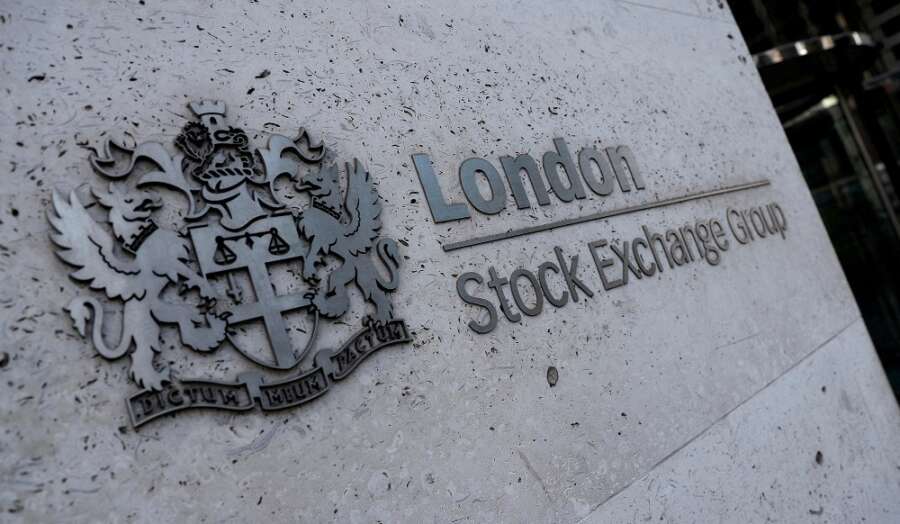
By Bansari Mayur Kamdar
(Reuters) – UK’s FTSE 100 rose on Tuesday, boosted by consumer staples and banking stocks, a day after worries around growing recession risks, higher interest rates, and extended COVID-19 lockdowns in China triggered a bruising selloff on the blue-chip index.
The FTSE 100 index climbed 0.7% in morning trade, after falling more than 1.5% each in the past two sessions.
Banking stocks jumped 1.7%, after declining more than 2% in the previous session on global economic growth concerns.
Consumer staples stocks like Unilever and British American Tobacco rose nearly 1.5% each in defensive trade.
Britain’s blue-chip FTSE 100 index has outperformed its domestically focussed mid-cap counterpart so far this year due to its internationally-focussed makeup and as commodity stocks tracked oil and metal prices higher.
“The FTSE 100 is full of big oil, big miners, commodity giants, and those massive multinational companies. These companies like Unilever have a huge amount of pricing power, so they are able to pass costs on to the consumer,” said Danni Hewson, a financial analyst at AJ Bell.
“Mid-caps don’t have the same kind of power and are not as able to pass on the pain of rising costs to their consumer.”

Data showed British shoppers, feeling the hit from surging inflation, cut their spending for the first time since early 2021 when the country was under a coronavirus lockdown.
After five days of heavy selling, the FTSE 250 bounced back 1.0%.
London’s Heathrow increased its passenger 2022 forecast by 16% to nearly 53 million, driven by outbound holidaymakers. That helped travel and leisure stocks jump 1.1%.
Among individual movers, Renishaw Plc slid 0.8% as the engineering firm lowered its annual profit forecast over uncertainties in global trade and warned of potential disruption to its business from COVID-19 lockdowns in China.
(Reporting by Bansari Mayur Kamdar in Bengaluru; editing by Uttaresh.V)


